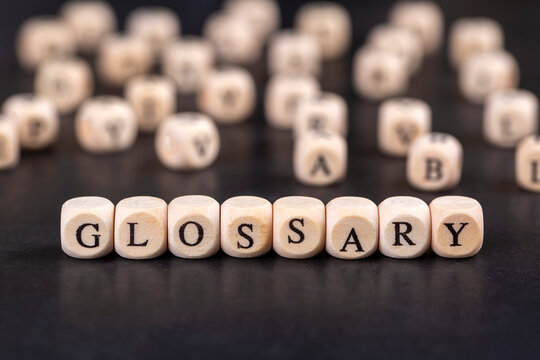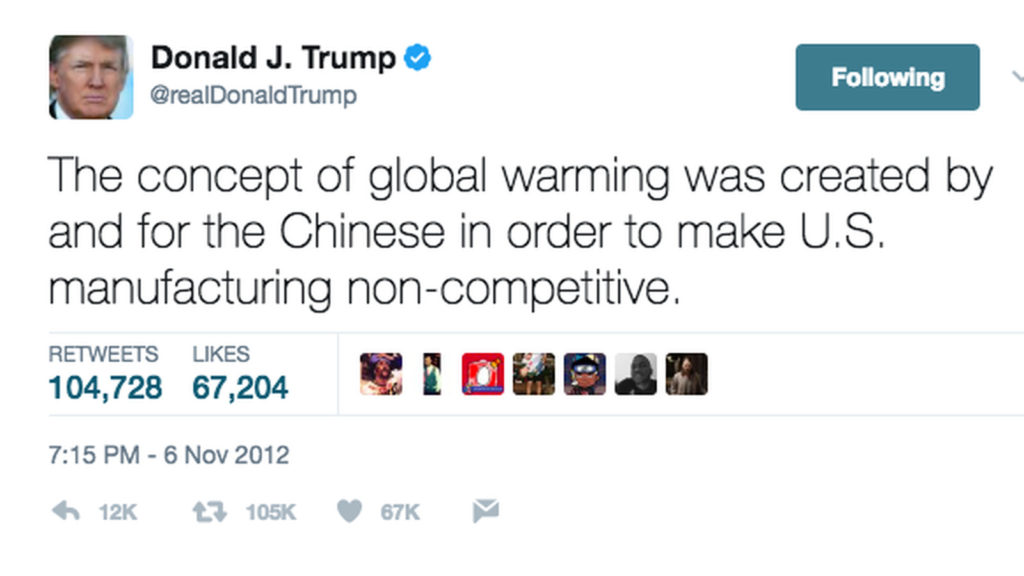
I think we can distinguish between knowledge, belief and opinion by using scientific methods in order to establish evidence and find out what’s a fact. The definition of fact is “a thing that is known or proved to be true.” and in order to prove its truthfulness objective evidence is needed, which can be obtained through science. For example, it has been acknowledged that the sky is blue, that is a fact. We know this is a fact because it has been scientifically proven blue light is scattered in all directions of the Earth’s atmosphere and is scattered more than any other colour light as it travels in shorter, smaller waves. However, blue-purple colour blind people see the sky as purple. To them, this may be considered a fact, but it is rather an opinion. What makes this an opinion is that the statement “the sky is purple” is true to them, because that’s what they see and therefore think , but it has not been scientifically proven. On the contrary, it has been scientifically proven that this person is colour blind, which is a fact, so although they may think the sky is purple, there is no proof, as their “proof” relies on the fact they’re colour blind and get blue and purple mixed up.
On the other hand, belief is not based on what you know or think, it is purely based on what you have faith in. It may be an acceptance that something is true, however, there is no evidence or proof confirming this which leaves it to be a belief rather than knowledge. For example, some may believe heaven is above us or in the sky, hence the phrase “they’re looking down on us” when referring to a passed love one. Nonetheless, there is no evidence that heaven is above us, as we cannot see it or prove it to be true using science; we are completely unaware of what happens to us when we die. Because there is no evidence it cannot be knowledge, but it isn’t opinion because it’s not something you think and that is specifically your take on something, it is belief as you have faith in it rather than assuming it is a straight fact.




